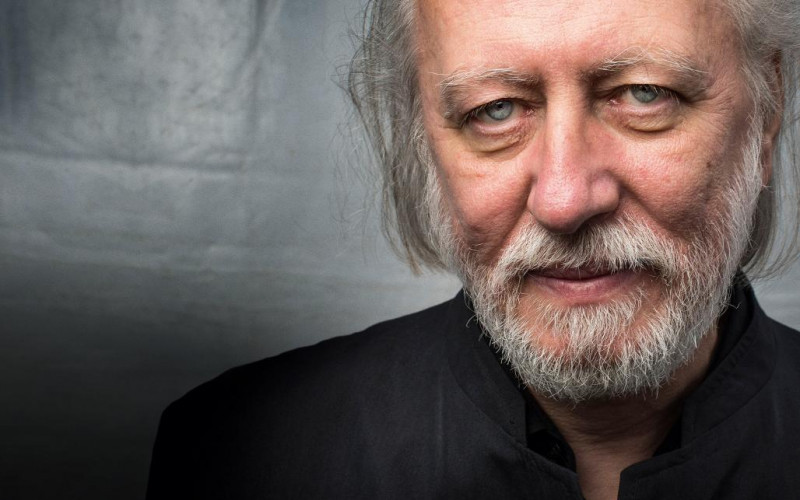Oakland University has recently pushed for more artificial intelligence (AI) learning, implementing AI programs of study, courses and tools for OU students to further their knowledge of the technology.
One of the key drivers in this revolution is the newly inducted Executive Vice President for Academic Affairs and Provost, Amy Thompson, Ph.D. Thompson began her tenure effective on May 19, bringing over 20 years of experience in higher education at educational institutions like Wright State University and The University of Toledo. So far in her time at OU, she has proven that she is a pioneer for change.
On August 13, an email from the office of the Chief Information Officer was sent campus wide, stating that “University Technology Services…added new AI tools – Gemini and NotebookLM – to the university’s Google Workspace license…available at no cost to all students, faculty and staff. UTS is also pleased to announce that it is preparing to enable Microsoft 365 Copilot Chat for all users in the university domain.”
On top of these resources, the Department of Computer Science and Engineering offers a minor, B.S. and M.S. in Artificial Intelligence. Various specializations include cyber security, game development and data science.
Thompson, President Ora Hirsch Pescovitz and their cabinet have supported such innovation with great admiration and are committed to finding ways to provide AI access to students.
“AI is a fantastic tool, and there are appropriate uses for it; it can enhance the learning process greatly, and can also be an excellent student success tool. We’ve got to do a good job in preparing our students to be ready to use many different emerging technologies, not just AI. There is a lot of opportunity for us to educate on this and to give people practice with it,” Thompson said.
Recently, the Provost appointed a Provost Fellow, Dan Arnold, Ph.D., who will be helping with AI literacy, assisting the team in thinking through the integration of AI.
With Arnold’s help, conversations are emerging about how generative AI could be woven into various curricula. University Communications and Marketing (UCM) is working with Arnold to create an AI@OU website. Through a collaborative approach, AI@OU plans to teach anybody in the OU community how they can incorporate AI into their lives and professional work. Several ideas and strategies are in circulation as the world changes rapidly.
“We’re trying to centralize resources and processes for how we can roll out AI across the institution, whether that is for teaching and learning, research or overall operations…we are planning to do some more AI literacy training which I will be doing throughout this semester as well, and that will be open to anybody who wants to attend. I’m going right to the ground level as if you’ve never used this technology before, and establishing some baseline knowledge for everybody,” Arnold said.
While AI is certainly a tool, there is still concern that it will disrupt critical thinking and writing skills. Dr. Ben White, Special Instructor in the Philosophy Department with a specialization in metaphysics and philosophy of mind, articulated his hesitation.
“AI is not good at logic, so students who use it in my logic courses end up failing the assignments and not learning. That’s like trying to learn elementary math and doing everything with a calculator — only the calculator isn’t reliable, and you don’t know how to identify or correct its mistakes. AI is a useful tool when taught correctly, but I worry that students won’t improve their writing and critical thinking skills if none of their assignments are produced by themselves; to address this, I’ve been giving more in-person pencil and paper assignments,” White said.
Just like anything else, there must be a balance. OU’s faculty is devoted to creating that balance.
“It’s important to keep in mind that AI is a tool; it is not meant to substitute what you’re doing in an academic setting. Anytime you’re using words verbatim, or just changing a few things without citing ChatGPT appropriately, that’s plagiarism…Many employers are already using AI and large language models to do work; I want to make sure that our students are well prepared in this area so that when they enter the workforce, they’re ready to go,” Thompson said.








